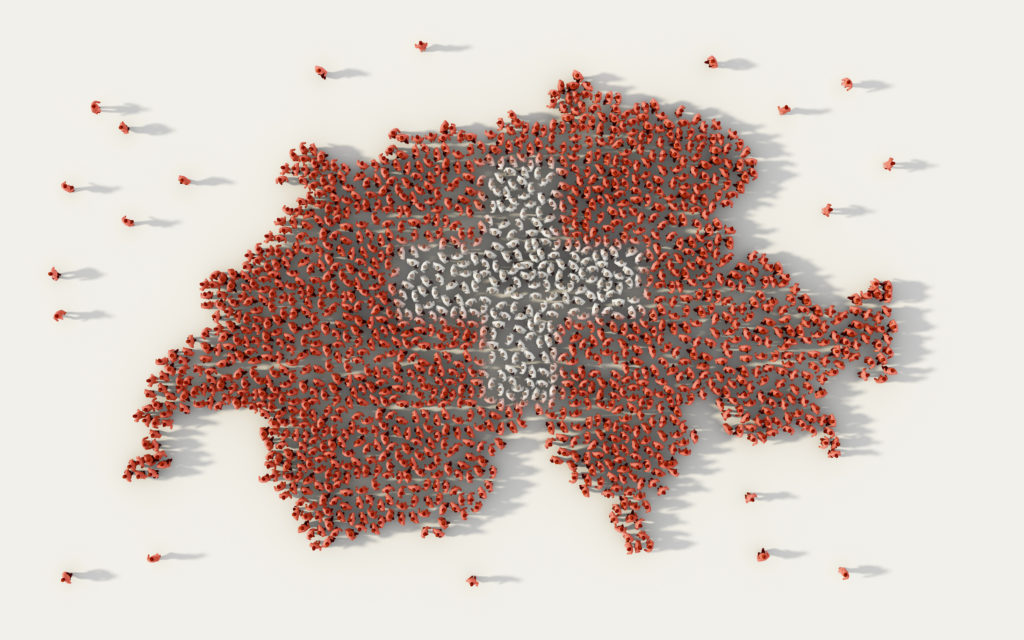Did you just move to Switzerland and now you want to learn Swiss German?
If you know some High German it really helps to learn Swiss German. We can ask ourselves what are the differences between High German and Swiss German if we know High German.
But it would also be super helpful to know what words we can use in Switzerland to fit in better. These are basically words that you don’t need to look up or learn especially for Swiss German, so you can cross them off of your study list.
I should add that some are pronounced slightly differently in Swiss German, but everyone here in der Schweiz will know what you mean.

Thankfully there are so many similar words in Swiss German as in High German. I often ponder if they are the same language. They are not called the same thing. Doesn’t this mean they are not the same?
This post is basically a way for you to study High German and Swiss German at the same time, if you know High German or not (since the words are the same).
The format of the list is:
23. “Swiss/German word” — English meaning of said Swiss/German word
- “genau” — exactly (is this the most common word in Switzerland? Maybe. Does it mean the Swiss are very agreeable? Genau.)
- “was” — what
- “bitte” — please (in HG it’s “bit-uh” in SG it’s more “bit-eh”)
- “mir” — me/to me
- “ich” — I
- “mit” — with
- “ja” — yes
- “mich” — me
- “oder” — or
- “für” — for
- “Dialekt” — dialect
- “und” — and
- “sind” — are
- “Danke” — thank you (though)
- “Immer” — always
- “Wie viel Kostet das?” — how much does it cost? The “K” in “Kostet” becomes more “hastet” but these are almost identical except for the accent change. Listen to an example on on YouTube. (The video second is set to the exact second of sentence)
- “aber” — but
- “besser” — better
- “richtig” — right
- “mal” — time
- “dir” — you
- “wie” — how
- “wo” — where
- “wenn” — when
- “warum” — why
- “wieso” — why/how so
- “schön” — nice/pretty (slight pronunciation difference but it’s mostly the same)
- “Stadt” — city (slight pronunciation difference but it’s mostly the same)
- “im” — in the
- “Anfänger” — beginner
- “über” — about/over
- “Frau” — woman/wife
- “Langsam” — slow
- “Sehr” — very (in SG it is more Sehr pronounced with an actual English S than a German S which to English speakers sounds closer to Z)
- “Später” — later
- “Jetzt” — now